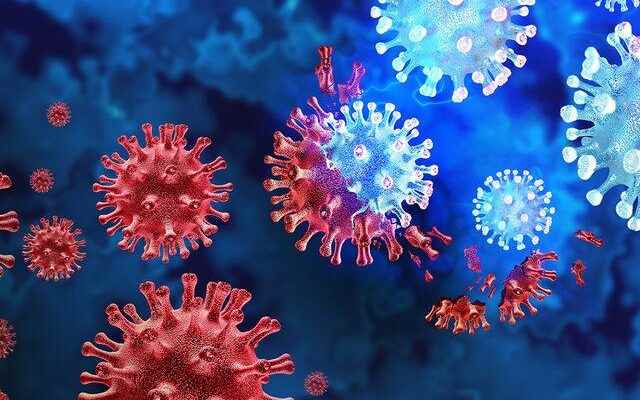Lassa fever has not been seen in the UK for over a decade. Lassa fever was detected in two people who had recently returned to England from West Africa. The infected patients are two members of the same family living in England. After another family member fell ill, the patient was suspected of having an Ebola-like virus, according to the interventions. It was reported that the results of the tests carried out with suspicion are awaited. The UK Health Safety Agency stated that there is no clear data on whether there is future transmission between cases. One of the confirmed patients was hospitalized, while the other was reported to be in good condition and fully recovered. The other patient member of the family is followed up until the test results are available.
The appearance of Lassa fever in Europe years later caused a small-scale panic. In the past weeks, cases of Lassa virus have been reported in the USA.
WHAT IS LASSA VIRUS?
Lassa virus is an acutely fatal viral disease of West Africa. This name was given because the first cases were seen in Lassa, Nigeria.
HOW IS LASSA FEVER TRANSMITTED?
It has been announced that Lassa fever disease is of rodent origin and is transmitted from mouse feces. The disease is transmitted through inhalation and ingestion of food contaminated with the urine and feces of infected mice. Contact with infected household items can also cause transmission. Lassa virus is transmitted to humans from blood, secretions, urine and feces. For this reason, the virus can easily be transmitted from person to person. It is difficult to be transmitted from direct contact, but it can be transmitted from used medical materials.
Lassa fever causes vaginal bleeding in women and triggers different seizures.
WHAT ARE THE SYMPTOMS OF LASSA DISEASE?
The incubation process takes 5-21 days in those who are infected with the Lassa virus. According to the World Health Organization’s statement, about 80% of people who get the disease do not have any symptoms. While most of those who get the disease recover completely, 1% of them have fatal outcomes. Temporary deafness may occur in one quarter of symptomatic patients. Other symptoms are headache, sore throat and vomiting. In addition, some patients may experience mouth and nose bleeding. If rapid treatment is not applied, there is a possibility of slowly developing shock, seizure, tremor and coma.
“Measures are taken to reduce the rate of transmission of the disease”
Antivirals are generally used in the treatment of patients. However, depending on the health status, oxygen supplements and blood pressure medications are also given. Medical consultant from the UK Health Safety Agency, Dr. Susan Hopkins stated that the Lassa fever disease seen in England was detected in two people, and other possible transmission possibilities were investigated.
He underlined that this virus was linked to recent travels to West Africa. In order to prevent further transmission of the disease and to provide support and reinforcement, those who are in close contact with the cases are contacted. It is aimed to reduce the rate of transmission of the disease with the high security measures taken in the hospitals where the cases are treated.
